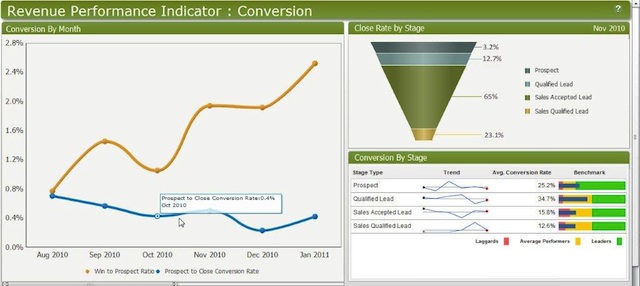Marketing automation is a term you may have heard, but not entirely understood. Get ready to hear the term more, because in recent years, the field has seen big growth, both in the number of companies that use the tools and in those that sell them.
[aditude-amp id="flyingcarpet" targeting='{"env":"staging","page_type":"article","post_id":323740,"post_type":"guest","post_chan":"none","tags":null,"ai":false,"category":"none","all_categories":"business,","session":"D"}']That growth makes sense since marketing automation — software and processes that allow businesses to automatically manage the targeting, timing and content of marketing programs — is all about helping businesses cut through the morass buyers wade through day-to-day. At its core, the industry aims to solve a problem technology alone can’t solve. The ultimate goal is to bring accountability to the marketing discipline, enabling organizations to track and measure the impact of their marketing efforts on revenue growth. To do this you need new methodologies, processes and education.
But like every fast-growing industry, marketing automation now faces an urgent mandate: Adapt or flounder.
AI Weekly
The must-read newsletter for AI and Big Data industry written by Khari Johnson, Kyle Wiggers, and Seth Colaner.
Included with VentureBeat Insider and VentureBeat VIP memberships.
This next step in marketing automation’s evolution is called Revenue Performance Management (RPM), a technology-enabled business strategy for managing a company’s interactions with buyers throughout the entire purchase process. A number of companies and analysts are throwing their digital weight behind this emerging category because, unlike marketing automation, RPM focuses on forward-looking analytics. It’s about tying marketing efforts to hard revenue, both today and in the future.
In an inverted sales environment where prospective customers can educate themselves about various competing products, the value of marketing automation is obvious. It helps tie inbound and outbound marketing efforts together, triggering the delivery of hyper-targeted communications to prospects based on their online behavior, while nurturing leads through every stage of a sales cycle.
But even this sophisticated software only solves part of the problem. The C-suite is putting increasing pressure on marketers to do their jobs better, even as it questions the value of their efforts. Faced with the prospect of lengthening sales cycles, executives want clear and comprehensive measurement of marketing’s role in generating top line growth.
Marketing automation serves as the technological backbone for RPM, which is about evolving past the point of simply counting click-throughs and conversions. Using dashboards and competitive benchmarking, adopters of RPM can track the value and velocity of their sales and marketing pipeline, measuring the progress of leads from that first click through to a closed deal.
The result is a more predictable environment. With the ability to dig deep into which programs are most effective, businesses can make data-driven decisions and gauge how those choices will impact revenue performance several quarters out.
The marketing automation industry is heading this way because these are the demands of the marketplace. In this “adapt or flounder” moment, it will be interesting to see how those in this still burgeoning industry grow up or get shaken up.
[aditude-amp id="medium1" targeting='{"env":"staging","page_type":"article","post_id":323740,"post_type":"guest","post_chan":"none","tags":null,"ai":false,"category":"none","all_categories":"business,","session":"D"}']
VentureBeat's mission is to be a digital town square for technical decision-makers to gain knowledge about transformative enterprise technology and transact. Learn More

